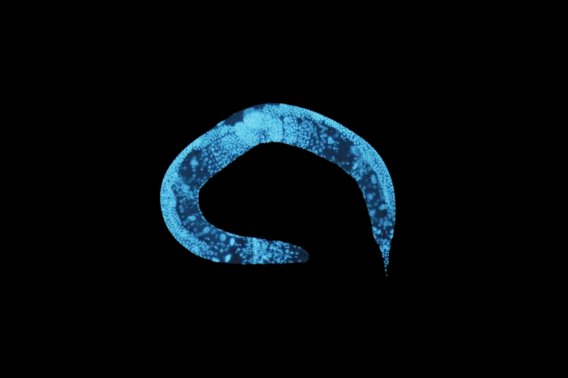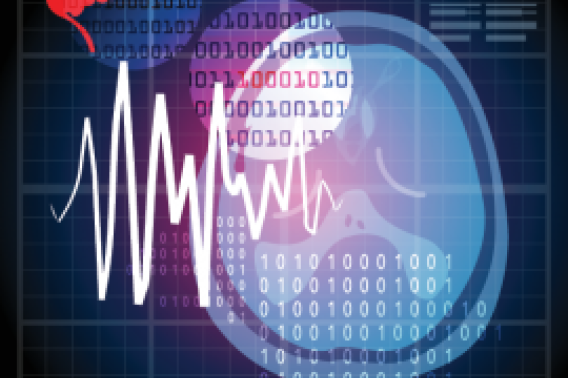Project Summary
The NeuroPlant Initiative aims to leverage a botanical armamentarium to manipulate the brain — by building a pipeline to explore chemicals synthesized in plants as potential new treatments for neurological disease and as a window into the chemistry of the brain.
Vision
One in four people around the world will suffer from mental or neurological disorders at some point in their lives. Despite breakthrough treatments from the 1950s and 1970s that have eased the burden of brain disease, new tools for investigating brain function and new entry points for drug discovery are essential. In Phase 1 of the NeuroPlant Initiative, the project successfully developed an efficient way to use animal behavior to discover chemicals synthesized by plants that affect the nervous system and found that one class called terpenoids are more likely to affect animal behavior than others we tested. In addition, the initiative found a novel candidate receptor for valproate (Depakote™), an FDAapproved drug prescribed for seizures and bipolar disorders but without a known mode of action. A receptor related to this candidate is expressed in inhibitory neurons in the cortex that naturally quell seizures.
Next, the initiative plans to scale up to test 100s of terpenoids made by plants and identify receptors for those that affect animal behavior. Pairing these chemicals with their receptors provides new tools that neuroscientists can use to understand brain function. This endeavor will also establish a framework for deciphering the combinatorial chemical codes and neuronal circuit logic connecting plants and animals in the soil. A great deal of progress has been made in neurons in the 30 years since the start of the ‘Decade of the Brain’. The proposed work is well poised to lead the next phase, ‘Decade of the Mind’, which aims to understand how the mind works based on the activities of the brain.
Project Details
Funding Type:
Research Accelerator Award
Award Year:
2021
Lead Researcher(s):
Team Members:

